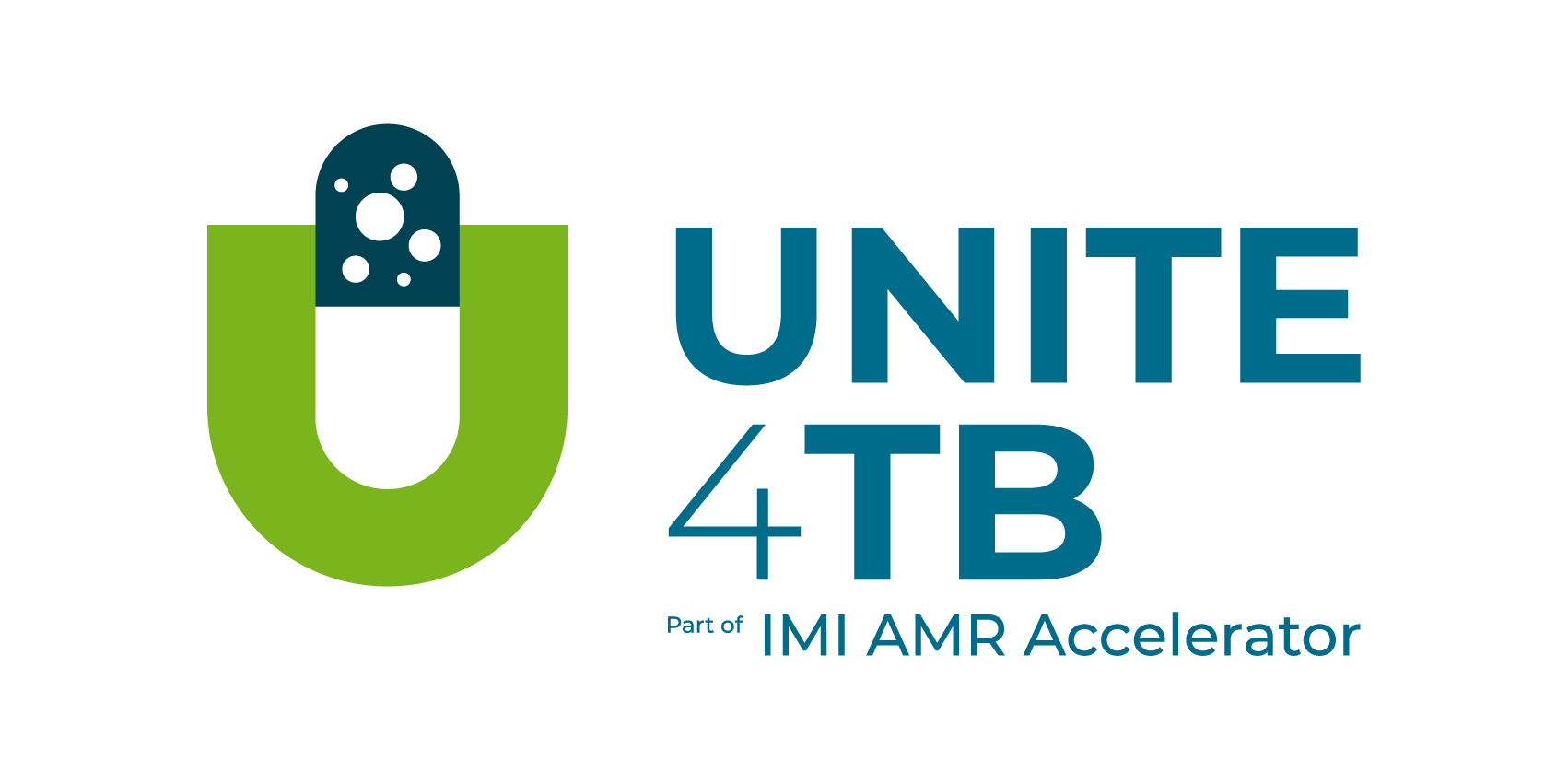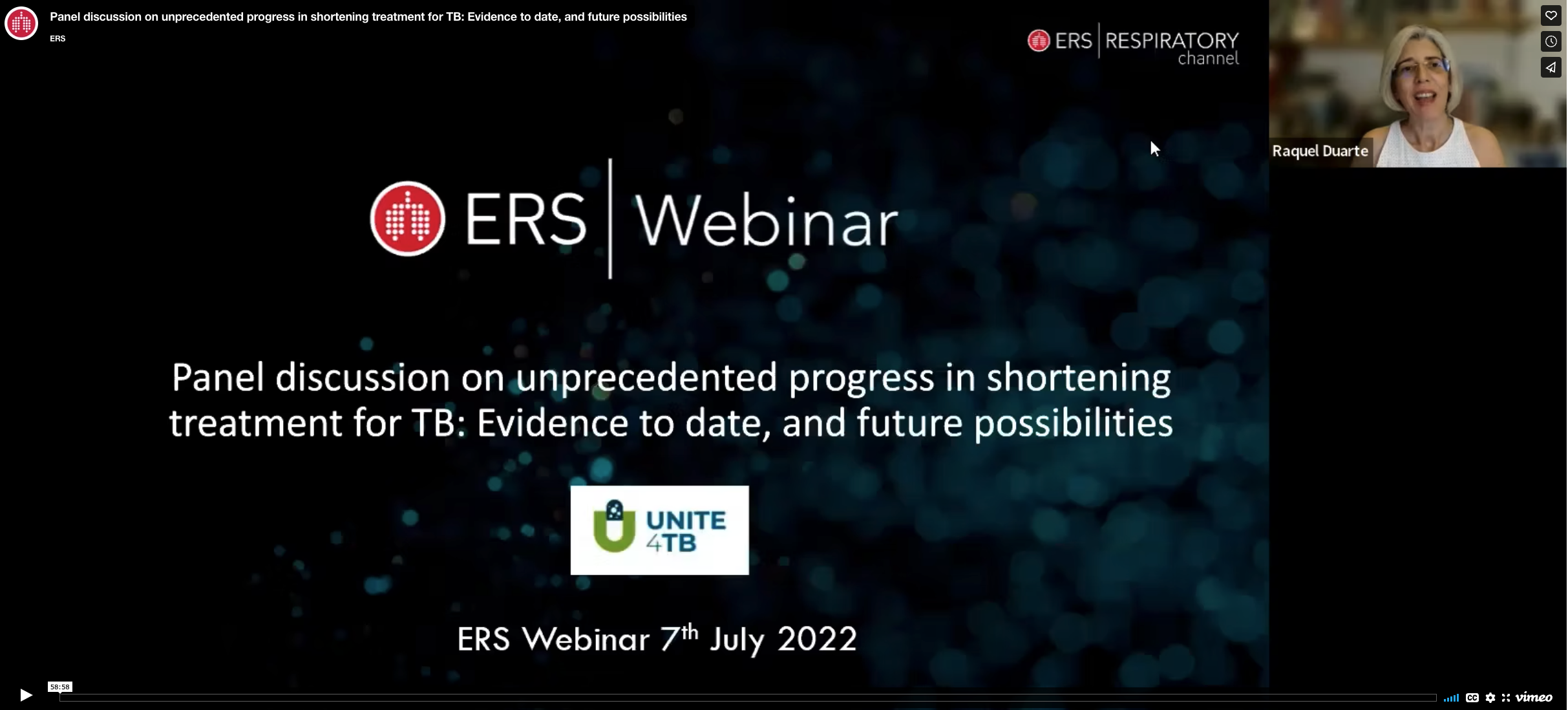
Recap of the third UNITE4TB webinar: Progress made to date in shortening TB treatment
UNITE4TB held its third public webinar on Thursday 7 July, with a focus on the recent changes in the World Health Organization (WHO) guidelines for the treatment of Tuberculosis (TB) and an evaluation of the evidence underpinning the shortening of TB treatment for both drug-sensitive and drug-resistant disease. The keynote speaker for the session was Dr. Patrick Phillips, UNITE4TB Consortium member from the University of California, San Francisco (UCSF) Center for Tuberculosis. In addition to the points mentioned above, Patrick’s presentation also addressed gaps in the evidence, and questions in need of further research. Attendees were provided with a comprehensive overview of the new, shorter treatments for drug-sensitive and drug-resistant TB, namely the 4-month rifapentine-moxifloxacin regimen and the 6-month bedaquiline-pretomanid-linezolid-moxifloxacin regimen respectively. They were taken through the key findings of the four key clinical trials: Study 31/A5349, NiX-TB, ZeNiX-TB, and TB-PRACTECAL whereby Dr. Phillips addressed the strengths and limitations of the evidence gathered in support of each of the regimens. He emphasized how this evidence is, for the most part, compelling, but gaps still exist that need to be addressed in subsequent studies.
The take-home message of the session: “We have seen unprecedented progress in the shortening of TB treatment in recent years, and it’s an exciting time to be in TB research. The importance of strong evidence is clear: strong evidence results in sound guidelines. Our TB patients need the best treatments available and deserve the highest quality of evidence,” Dr. Patrick Phillips, UCSF.



